Indian-American judge orders Trump accounting firm to hand over records to Congress
Wed 22 May 2019, 15:22:33

An Indian-American judge has rejected President Donald Trump's attempt to block House Democrats from getting his financial records, dealing an early setback to his administration in its legal battle with Congress.
Judge Amit Mehta of the DC District Court on Monday decisively ruled in favour of the House Oversight Committee, whose chair, Elijah Cummings had subpoenaed 10 years' worth of Trump's financial records from accounting firm Mazars USA back in April.
He told the accounting firm that it will need to turn over Trump's accounting records from before he was president to the Democratic-controlled House Oversight Committee, reported.
In a 41-page opinion, Mehta of the DC District Court dealt a significant blow to the White House as he rejected Trump's attempt to block the committee's subpoena, asserting that Congress is well within its authority to investigate the president.
Mehta's ruling is narrow in that it only deals with the House Oversight Committee's Mazars subpoena. But it's a key development in the larger, ongoing subpoena battle between Trump and Congress, because it gives Democrats legal ammunition when they go to court to enforce other outstanding subpoena requests.
The Trump administration recently issued a blanket denial of all Democrats' subpoena requests, saying the information they seek is politically motivated. Democrats, on the other hand, say the administration's actions amount to an unprecedented attempt to block Congress from its constitutionally mandated oversight.
The House of Representatives has flagged the ruling to a judge in New York, where another court is considering challenges to House subpoenas to Deutsche Bank and Capitol One for more Trump records, said.
Congress specifically can probe the president for conflicts of interest and ethical questions, Mehta wrote. He cited everything from the presidency of James Buchanan, to the Teapot Dome scandal, to Watergate and Whitewater to back up his ruling.
Mehta noted that in the past 50 years, Congress had twice investigated
a sitting president for alleged criminal activity before starting impeachment proceedings Richard Nixon during the Watergate scandal, and Bill Clinton during the Whitewater scandal.
a sitting president for alleged criminal activity before starting impeachment proceedings Richard Nixon during the Watergate scandal, and Bill Clinton during the Whitewater scandal.
"History has shown that congressionally-exposed criminal conduct by the president or a high-ranking Executive Branch official can lead to legislation," Mehta wrote.
"It is simply not fathomable that a Constitution that grants Congress the power to remove a president for reasons including criminal behavior would deny Congress the power to investigate him for unlawful conduct -- past or present -- even without formally opening an impeachment inquiry," he added.
Trump's legal team plans to appeal, a person familiar with the case said Monday.
Mehta's opinion, coming not even a week after a hearing in the case, will kickstart a race to appeals courts.
Mazars won't have to turn over the subpoena for another seven days, according to the judge, but other courts will have to step in to stop the accounting firm from complying with Congress after that.
The House Oversight Committee subpoena of Mazars seeks a vast amount of communications and financial records related to the firm's work for Trump himself, as well as his businesses and foundation from 2011 through 2018.
Mazars became a target in the House investigation after former Trump personal attorney Michael Cohen accused the President of fudging his wealth in an unsuccessful attempt to buy the Buffalo Bills football team and reduce his real estate tax burden.
Cummings called the ruling a "resounding victory for the rule of law and our Constitutional system of checks and balances."
Trump immediately called the ruling "crazy."
"We disagree with that ruling, it's crazy," Trump told reporters, noting that Mehta was appointed by President Barack Obama.
"This never happened to any other president," he added, saying that Democrats are trying to "get a redo" on the investigation into Russian meddling in the 2016 election.
No Comments For This Post, Be first to write a Comment.
Most viewed from International
Most viewed from World
AIMIM News
Latest Urdu News
Most Viewed
May 26, 2020
Do you think Canada-India relations will improve under New PM Mark Carney?
Latest Videos View All
Like Us
Home
About Us
Advertise With Us
All Polls
Epaper Archives
Privacy Policy
Contact Us
Download Etemaad App
© 2025 Etemaad Daily News, All Rights Reserved.

.jpg)
.jpg)
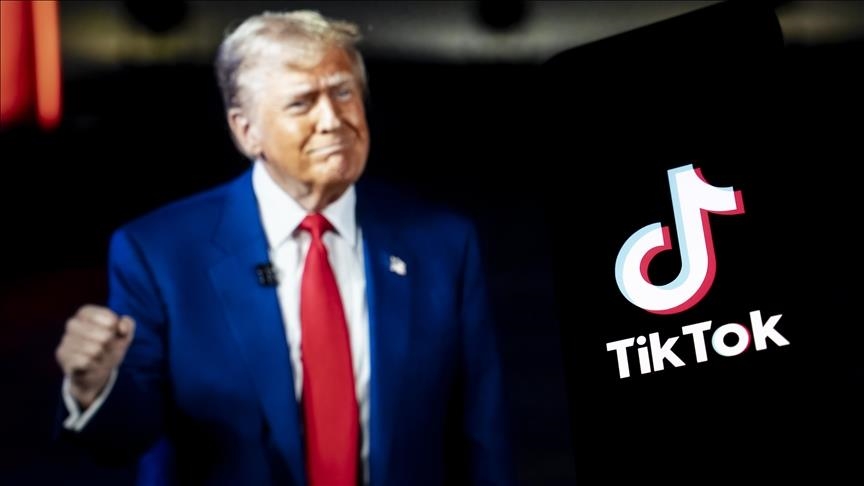



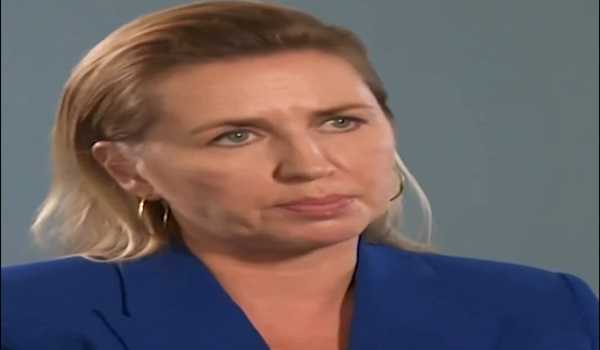

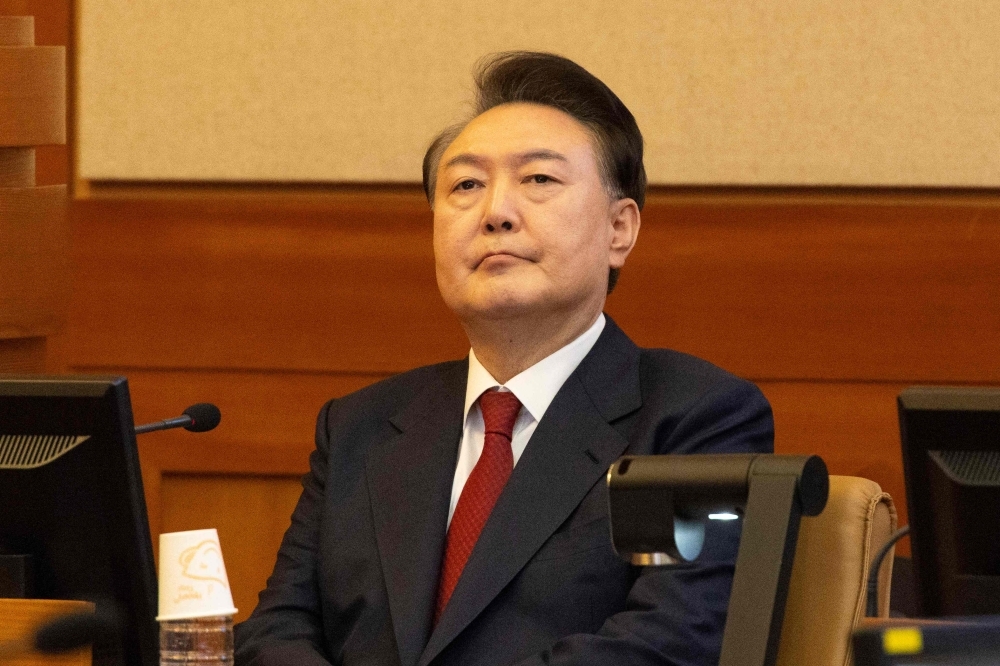


.jpg)

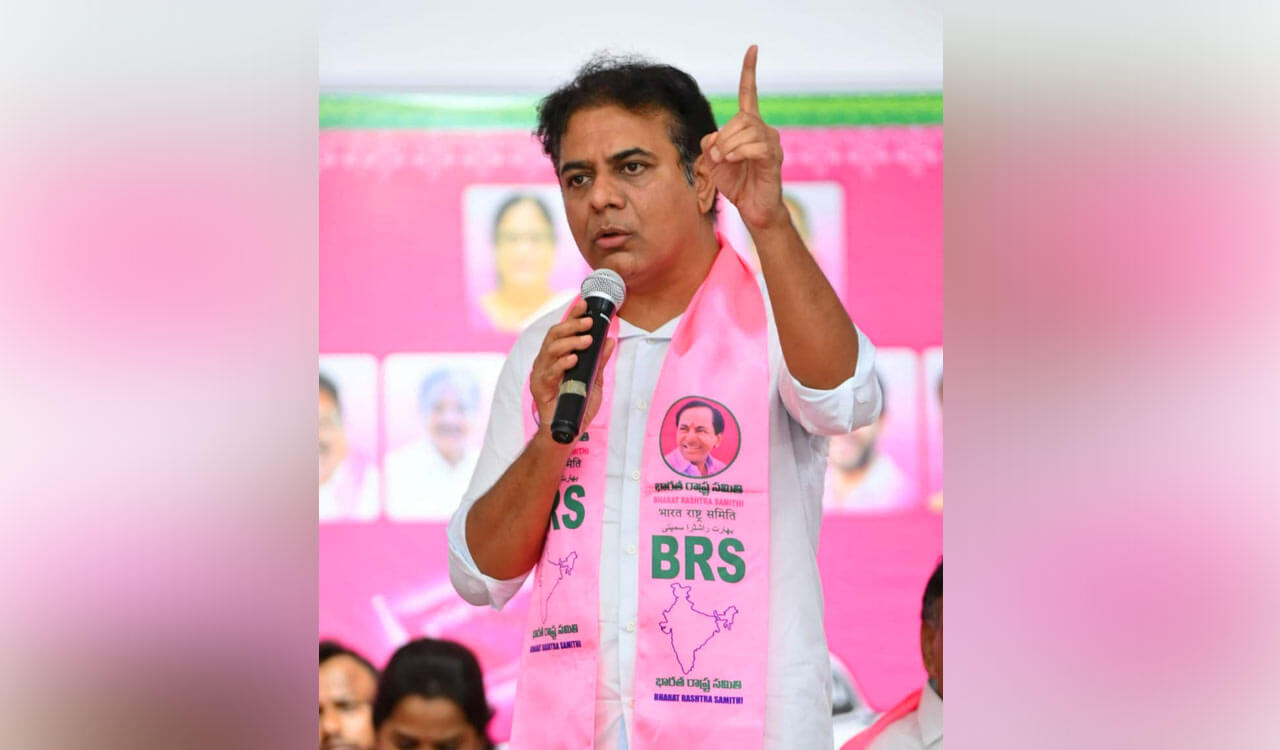



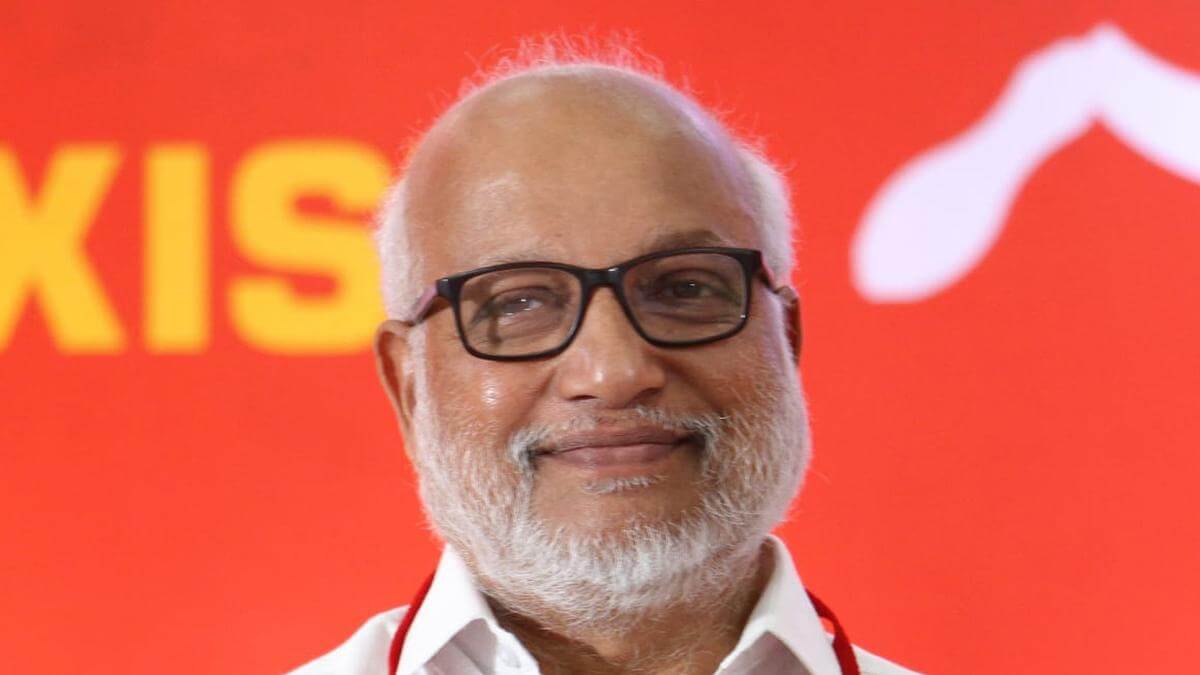




.jpg)


















